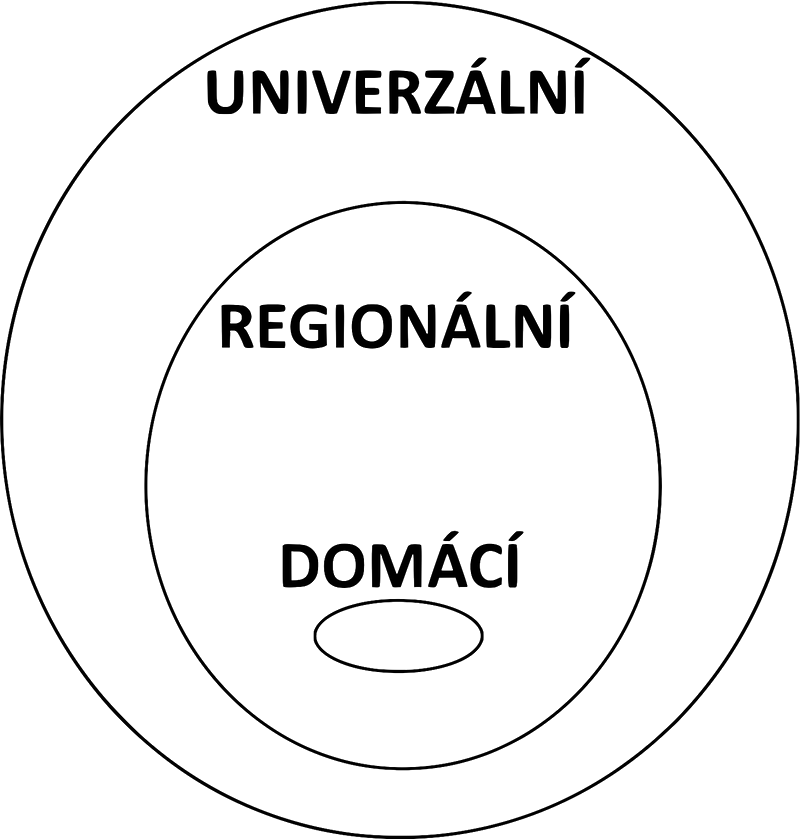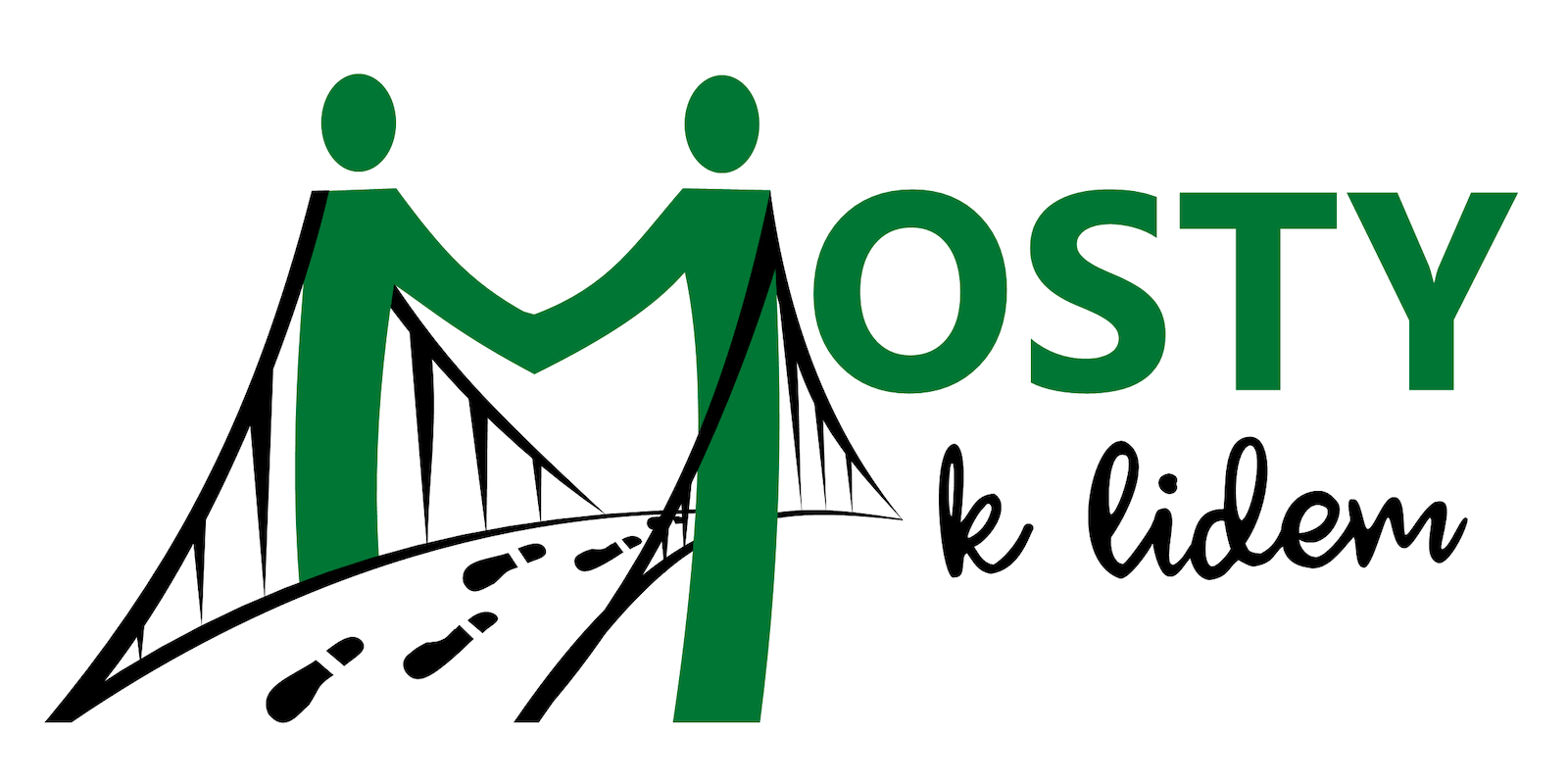G06. Church – the Term and Dimensions
List of the Online Lessons: A B C D E F G H
G06. Church – the Term and Dimensions
Let me remind you that this section about the church is meant for Christians who effectively serve unbelievers, have already won a few for Jesus and are looking for a way further.
In the next week, please reach out to at least ten non-believers of various ages and ask them what they think the „church“ is! Similarly, research what believers see under the word „church“! For many Christians, this will probably be a „denomination“; especially if the word „church“ is in their name. For others, a building jumps out at the word „church“. Statements such as: „Where do you go to church?“ testify to this. Some think of the church as a „gathering“, and they mean a service, an event. Others will say „a group of Christians“ or „the New Testament people of God“…
Lets imagine what the believers in the New Testament imagined when they said „church„… The original Greek word „ekklesia“ (εκκλησία) may be familiar to us as meaning „called out“. From Greek history, „ekklesia“ is known as „the assembly of citizens of the city“. Or something like „assembly on call“. We also see this word in the New Testament used quite secularly several times. That is, in the ordinary worldly sense of „meeting“ or gathering in a riot. There are a couple of references at the very bottom of this page. In any case, the original word Ekklesía represents people, „a community of people“!
 I also want to remind you of the scale of the church, or dimensions, as we observe them in the New Testament. The Apostle Paul writes about Jesus: He is the head of the body – the Church. (Colossians 1:18) Or: Christ loved the church and gave himself for her. (Ephesians 5:25) It is clear from the context that this is the church as a body of followers of Jesus in all times at all places. This larger view is usually summed up by the term „universal church“.
I also want to remind you of the scale of the church, or dimensions, as we observe them in the New Testament. The Apostle Paul writes about Jesus: He is the head of the body – the Church. (Colossians 1:18) Or: Christ loved the church and gave himself for her. (Ephesians 5:25) It is clear from the context that this is the church as a body of followers of Jesus in all times at all places. This larger view is usually summed up by the term „universal church“.
A slightly smaller dimension in the New Testament is – I would say – the „regional“ or urban church. „Ekklesía“ then refers to God’s children in certain territory or belonging to certain ethnicity: And so the church throughout Judea, Galilee and Samaria had peace, it grew internally and externally… (Acts 9:31) Or: All the churches of the Gentiles greet you. (Romans 16:4) Or: The churches of Asia greet you. (1 Corinthians 16:19) Paul writes: To the Church of God which is in Corinth. (1 Corinthians 1,2)
And the smallest natural unit in the New Testament is the „ekklesia“ – the church – in someone’s household. Aquila and Prisca together with the church in their house greet you very much in the Lord. (1 Corinthians 16:19) Paul is writing to Philemon and the church in your house. (Philemon 1,2) And you can find other quotes at the very bottom of this page. The apostle Paul uses the same word „church“ („ekklesía“) even though they meet in a home! At the same time, it is not a „group“ that would be part of a larger body! It’s simply a church at home!
Sometimes „ekklesia“ is the universal church of all times, other times it is regional or ethnic groups of believers, and it is also about communities that meet in a small way in someone’s home. It seems that in the Bible the term church is not defined „technically“ or „academically“ as we might wish. It represents an idea broader and richer than what has settled on us in the last few generations.
A brief mention of the Czech word „church“ („církev“). Etymologically, it is said to come from the Greek „η Eκκλησία του Κυρίου“ (read [hé eklesia tú kyrijú]). „Kyrios“ is Greek word for „Lord“. Literally it means then „the gathering of the Lord“ or „the assembly of the Lord.“ Much later – already outside the time of writing of the New Testament – it is said to have been shortened to „kyriaké“ – meaning „of the Lord“. This would later give rise to the Germanic „kirche“ and subsequently it went through various Slavic forms to the current Czech and Slovak „církev“ and „cirkev“.
I am talking about this because the content, the idea we perceive behind the word, is extremely important. In order to avoid a habitual or erroneous meaning. To think completely practically, the apostles use very graphic images to describe the church and its functioning in more detail. We will look at some of them in the next lesson.
Lord Jesus, thank you for letting your church be described clearly enough in your Word. Let us see its practical form, how you want her to function in our time.
Non-church use of the term „ekklesia“
Acts 7.38 This is he who was in the assembly (ekklesia) in the wilderness a mediator between the angel who spoke to him on Mount Sinai and our fathers. He received living words to give them to us.
Acts 19:32 Everyone shouted something different, for the assembly (ekklesia) was confused and most did not even know why they had come together.
Acts 19,39 If you ask for something else, it will be resolved in the legal assembly (ekklesia).
Acts 19:40 „…There is no reason by which we can explain this dissension.“ After these words he dissolved the assembly (ekklesia).
„Ekklesía“ in a house
Romans 16.5 Greet the church in their house. (Aquila and Priscilla)
1 Corinthians 16:19 The Asian churches greet you. Aquila and Prisca, together with the congregation in their house, greet you very much in the Lord.
Colossians 4:15 Greet the brethren in Laodicea, and Nymph, and the church that is in his house.
Romans 16:23 Gaius greets you, who hosted me and the whole assembly.


